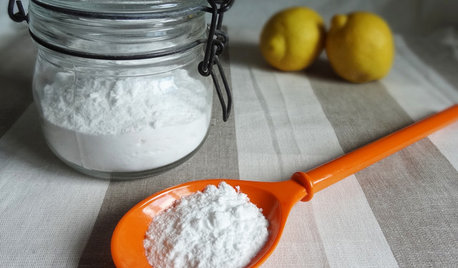wix vs napa oil filters
cranheim
15 years ago
Featured Answer
Sort by:Oldest
Comments (13)
rcmoser
15 years agolast modified: 9 years agoRelated Professionals
Harrisburg Landscape Contractors · Harvey Landscape Contractors · Indianapolis Landscape Contractors · Monterey Landscape Contractors · Morrisville Landscape Contractors · Northport Landscape Contractors · Uxbridge Landscape Contractors · Algonquin Decks, Patios & Outdoor Enclosures · Boston Decks, Patios & Outdoor Enclosures · Detroit Decks, Patios & Outdoor Enclosures · Hayward Decks, Patios & Outdoor Enclosures · Mitchellville Decks, Patios & Outdoor Enclosures · Villa Park Decks, Patios & Outdoor Enclosures · Evans Home Builders · Takoma Park Home Buildersbill_kapaun
15 years agolast modified: 9 years agocranheim
15 years agolast modified: 9 years agobill_kapaun
15 years agolast modified: 9 years agorcmoser
15 years agolast modified: 9 years agoavro_arrow
13 years agolast modified: 9 years agoCaptTurbo
13 years agolast modified: 9 years agorcmoser
13 years agolast modified: 9 years agorcmoser
13 years agolast modified: 9 years agoCaptTurbo
13 years agolast modified: 9 years agostingray82_comcast_net
13 years agolast modified: 9 years agoCar Keys keys
2 years agolast modified: 2 years ago
Related Stories

HOUSEKEEPINGTo-Dos: Your September Home Checklist
Boost the comforts of home for fall with a few of these ideas for stocking up and staying cozy
Full Story
HOUSEKEEPINGBaking Soda: The Amazing All-Natural Cleanser You Already Own
Battle grime, banish odors and freshen clothes with this common nontoxic cupboard staple
Full Story
EDIBLE GARDENSHow to Grow Your Own Sweet Summer Crops
This guide will help any gardener get started on growing the freshest warm-season veggies and berries for summer
Full Story
FARM YOUR YARDAdvice on Canyon Farming From L.A.'s Vegetable Whisperer
See how a screened garden house and raised beds help an edible garden in a Los Angeles canyon thrive
Full Story

bill_kapaun